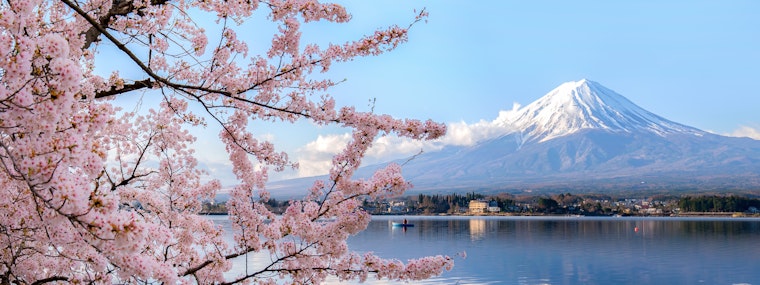
Innovating Taste: Japan’s Food Tech & Production
Tasting Japan: A Deep Dive into Food & Sustainability
This 6-day study trip provides students with an in-depth exploration of Japan’s sustainable agriculture, food production, and culinary traditions. The programme begins in Tokyo and travels to Sado Island, where students meet local farmers and compare organic and industrial farming practices. They visit various food producers, including dried fruit manufacturers, oyster farms, a sake brewery, and a traditional Japanese sweet factory. Back in Tokyo, students take part in hands-on workshops on Japanese sweets and onigiri, and visit key locations such as the Toyosu Fish Market and the Sustainable Food Museum.
Key Details
Packages from £2,799
Request a QuoteAn immersive 6-day journey through Japan’s food production, sustainability, and culinary traditions, from farm to table.
Highlights:
- Compare organic vs industrial farming practices with a local rice and strawberry farmer
- Explore Sado Island's food industries: dried fruits, confectionery, oysters, and sake
- Learn about Japanese food philosophy and make traditional sweets hands-on
- Visit Toyosu Fish Market and the Sustainable Food Museum in Tokyo
- Join an onigiri workshop and discover the art of Japanese obento design
Your travel itinerary could look like...
Day 1
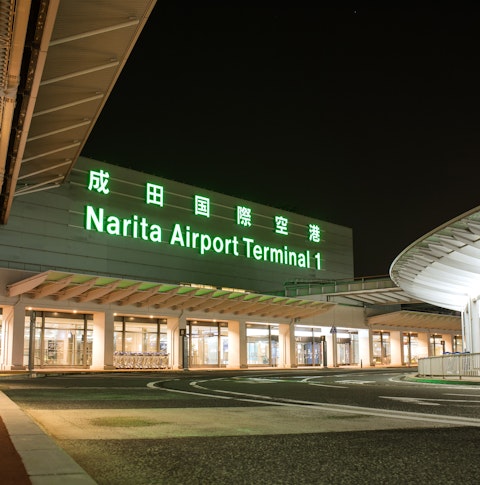
Students arrive at Haneda or Narita Airport and are transferred by private coach to the hotel in Tokyo. After a short programme briefing, the group has the rest of the day to explore the local surroundings. This informal time offers an initial exposure to Japan's urban environment and infrastructure, setting the stage for deeper exploration of how modern societies balance dense populations with sustainable food systems and environmental practices.
Day 2
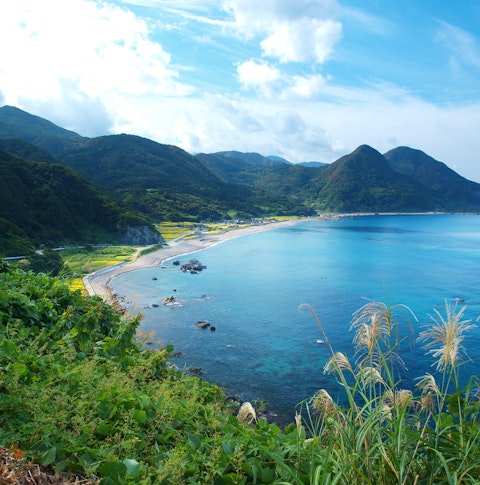
After breakfast, the group travels by train and bullet train to Niigata, where they transfer to the ferry for Sado Island - a rural region known for sustainable living. In the afternoon, students meet a local farmer who runs both an organic and industrial farm, growing crops like rice and strawberries. Through this visit, students gain valuable insight into the contrasts between ecological farming and conventional production, allowing them to evaluate agricultural impacts on biodiversity, soil health, and local economies. The group then settles into temple or hostel accommodation and shares a group dinner. This day encourages students to think critically about sustainable agriculture and food security from a scientific and ethical perspective
Day 3
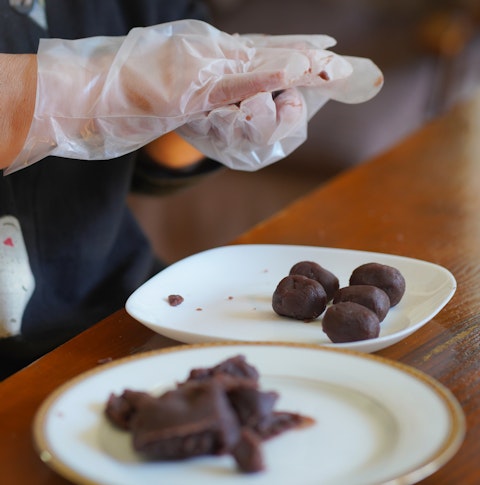
Sado Island offers a rich diversity of traditional food producers. Students visit a dried fruit factory, learning how seasonal produce like persimmons and plums are preserved with minimal waste. They then explore a Japanese confectionary workshop, an oyster farm, and a sake brewery, each highlighting different stages of food processing, from raw material to final product. Lunch and dinner at local restaurants introduce students to culinary traditions tied to local ecosystems, such as soba with native seaweed and sustainably sourced seafood. This immersive day offers an understanding of how regional food systems can be both economically viable and environmentally conscious, reinforcing principles of low-impact production, marine conservation, and traditional ecological knowledge.
Day 4

Returning to Tokyo by ferry and bullet train, the group gets ready for an introduction to Japanese food philosophy, focusing on seasonality, minimal waste, and the spiritual aspect of nourishment. Students then participate in a hands on workshop making traditional Japanese sweets such as Nerikiri or Mizu Yokan, gaining insight into how cultural identity is preserved through food craftsmanship. This day encourages reflection on how food connects humans to nature, and how cultural values can drive more mindful and sustainable consumption.
Day 5
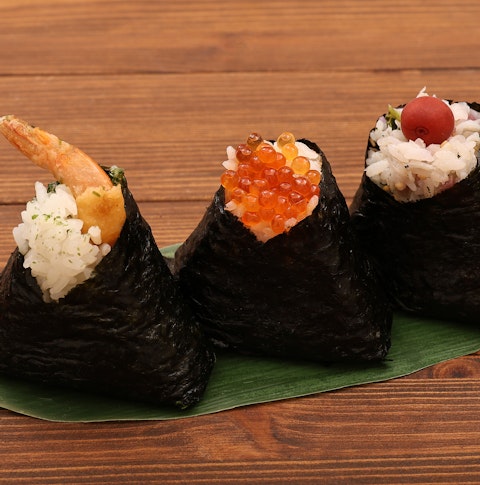
The day begins with an early visit to the Toyosu Fish Market, offering a behind-the-scenes look at Japan's seafood supply chain and practices around traceability, freshness, and ethical sourcing. Students then explore the Sustainable Food Museum in Nishi-Shinbashi, where they learn about cutting-edge developments in urban farming, alternative proteins, and circular food economy models. A visit to a company involved in sustainable food production offers further exposure to how the private sector is addressing global food challenges. In the afternoon, students return for an onigiri making workshop and a lesson on bento design, which emphasises balance, aesthetics, and zero-waste principles. This day bridges traditional food knowledge with modern innovation, inspiring students to consider how science and creativity can shape the future of food.
Day 6

After breakfast at the hotel, the group is transferred to the airport. The journey closes with a sense of how Japan's food culture - from ancient traditions to cutting-edge solutions - offers models of resilience, respect for nature, and systemic thinking, all essential themes for future biologists and sustainability leaders.
Whats included
- Overseas flights
- Accommodation
- Meals unless state otherwise
- Activities and coach transfers
- Entrance fees to sites and museums
- Local English-speaking guides
- UK and overseas transfers
- Free trip-leader place options
- 24-hour emergency service
- Online Travel Portal
- ATOL/ABTA protection
Why not add
- Enhance your experience by adding an extra day to explore, reflect, and make the most of your trip
Why choose us
- Fully accredited and financially protected
- Knowledgeable and experienced staff
- Regional Educational Development Execs to support all stages of the trip process
- Customer portal and app for when you’re on the move
- 24hr support
Can’t find what you’re looking for?
Speak to one of our expert travel advisors